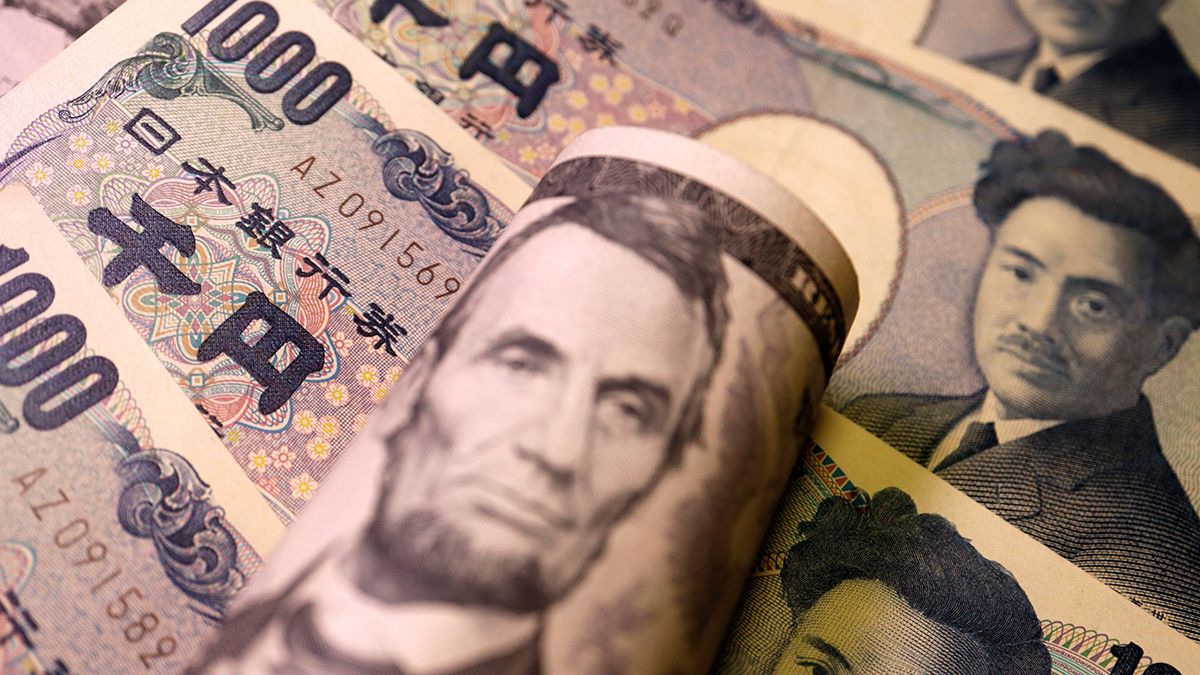As expected, the Japan Bank (BOJ) He kept his reference rates unchanged, in line with the projected by the consensus of the analysts. However, The novelty was not exempt from surprisesproduct of level of dissent that had the decision. In addition, the monetary authority did surprise the markets with an advertisement: will begin to gradually detach from your risk assetsvalued in U $ 508,000 million.
In the markets, the novelty was well received. Japan’s debt bonds experienced generalized increaseswith titles at 1 and 3 months, with increases of 1.75% and 1.59%, respectively. The greatest variation was in the four -year bonus, with a daily jump of 4.42%.
7 vote against 2 to maintain its 0.5% policy rate marked The first time there were two dissidents against a decision to maintain it since 2023. The members of the Boj Board of Directors, Hajime Takata and Naoki Tamura proposed, an increase in the 0.75%rate, to a measure that The markets interpreted as a prelude to an increase in interest rates before the end of the year.
The chief economist of DAI-HICI LIFE Group, Hideo Kumano, argued that the decision could be influenced by the pressures suffered by the Federal Reserve (Fed) by the government of Donald Trump: “It is possible that the independence of the Federal Reserve is threatened, which is why the Bank of Japan always emphasized its independence from political factors.”
And he added: “It can be interpreted that Takada and Tamura officials They did not want the increase in this year’s interest rates to be delayed due to political factors And they decided to vote against the increase in the increase in interest rates of this year. “
At the moment, Japan is going through a strong political crisisaggravated by the resignation a few weeks of the prime minister, Shigeru ishiba. The main candidate to happen it is Sanae Takaichi, an opponent open to the Boj’s interest rise and please increase expense to encourage consumption.
The sale of risk assets
The BOJ also announced that it will begin selling its holdings of funds quoted in the stock exchange (ETF), equivalent to U $ 508,000 millionaccording to its market capitalization.
However, the sale would be at a tiny annual rate, around U $ 2,000 million. In fact, to the current value, It would take two and a half centuries to part with that amount.
“We will not be here within 100 years,” said Governor Kazuo Ueda at a press conference after the decision. “But our intention is to continue selling for more than 100 years.”
It was also decided to sell real estate investment trusts at an annual rate of around U $ 34 million. and said that they would begin to part with these assets once the necessary operational preparations have been completed. Besides, It was clarified that it could review the sales pace in future monetary policy meetings.
Yen
Because of its historically low interest rates, the Bank of Japan is one of the main sources of liquidity at the international level.
Kstudio
The deflationary crossroads in Japan
“Japan is a nuclear bomb in terms of debt”synthesized to Scope the expert in international markets of ADCAP, Jorge Ángel Harkerwho explained that the debt issued by the Japanese State doubles its GDP: “It is the most indebted economy on the planet. ”
He narrated how the Asian country is, since the 80s and 90s, “In an expense and gigantic emission policy in order to boost the economy and generate inflation”.
For decades that prices in Japan have a deflationary tendency, “which is the most recessive in the economybecause the only thing that deflation carries is that individuals postpone consumption indefinitely and that also happens with salaries. ”
However, Harker explained to this media that “that seems that it is already coming to an end, inflation has already begun to rise in Japan and The BOJ began acting about it “. In mid -2023, the interest rate was negative by 0.1%, while since then it was gradually increasing to 0.5% in mid -2024. For its part, for its part, for its part, for its part, Inflation was 2.7% year -on -year in August, the first time in 8 months below 3%.
The impact on the markets to a rate of rates
The next meeting of the agency is agreed for October 29 and the expectations for a new increase in rates are high. As experts had already explained in the field, “the ultrabajas rates of the BOJ have historically financed positions leverage in Equity Global.” Therefore, “If the anchonient cost of these strategies goes up, it would be bad news for the actions“
Harker explained that “when those rates go up, that carry trades with the yen begins to break up”, so “as the rates go up, problems will be seen,” among which he mentioned A “broken funds from the West to Yen”.
It is a situation that would affect financial markets in general, but in particular emerging ones, among which is the Argentine Square, already beaten by the local situation. “It trembles in Japan and here we get a tsunami”synthesized the adcap analyst.
Source: Ambito




